$KOSPI $USDKRW $BTC
#SouthKorea #InterestRates #TrumpPolicies #GlobalEconomy #FederalReserve #USMarkets #KoreaCentralBank #MonetaryPolicy #Forex #AsianMarkets #MarketVolatility #EconomicOutlook
South Korea has made the rare decision to lower interest rates in back-to-back policy moves, a strategy seldom employed by its central bank. This effort underscores mounting concerns over the potential economic repercussions stemming from the incoming administration of U.S. President Donald Trump. His proposed policies, perceived as uncertain and potentially protectionist, have sent ripples of apprehension across global markets, particularly in export-driven economies like South Korea. The Bank of Korea’s (BOK) latest rate cut is an attempt to safeguard its economy from potential fallout, aiming to bolster domestic demand and cushion the economy against any discord in global trade relations or financial markets.
Trump’s potential trade reform plans, often criticized as protectionist, could adversely impact South Korea’s critical export sectors, including technology, automobiles, and steel. These sectors collectively make up a significant portion of the nation’s GDP. As fears grow over the possibility of reduced access to the U.S. market—a key trading partner—the South Korean government has been forced to act preemptively. Analysts predict that the central bank took this step to manage heightened volatility in the forex market, particularly the $USDKRW exchange rate, which has already seen pressure due to the strength of the U.S. dollar and speculation of Fed interest rate hikes. A weaker won could offset some of the external risks by making South Korean exports more competitive, though this comes with inflationary risks domestically.
The implications of the decision are multi-faceted. On the one hand, the reduction in interest rates is likely to provide a short-term economic boost by encouraging lending, investment, and consumer spending domestically. Yet, the move could also spur capital outflows, potentially destabilizing the financial markets if investors seek better returns abroad amid higher rates in the U.S. and other developed markets. This policy balancing act remains a key challenge for emerging and export-focused economies like South Korea, which must navigate the dual risks of slowing global growth and volatile capital flows.
Global financial markets are closely watching the Bank of Korea’s bold steps as they may set a precedent for other central banks in Asia grappling with similar fears over Trump’s trade policies and their broader economic impact. The South Korean stock market, represented by the $KOSPI index, could face increased volatility as investors weigh how these policy adjustments may influence economic performance and corporate earnings. Similarly, the announcement may have resonance in crypto markets like $BTC, where heightened macroeconomic uncertainty often drives interest in decentralized, non-sovereign assets. Overall, South Korea’s back-to-back rate cuts emphasize its proactive stance in fortifying its economy, but the long-term effects will largely depend on how U.S. trade and economic policies unfold under President Trump’s administration.

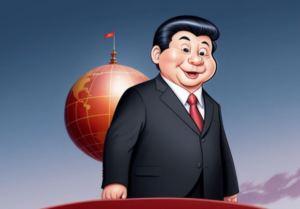

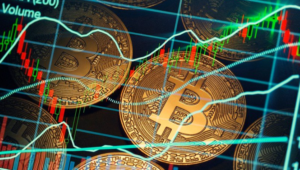
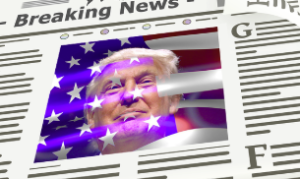

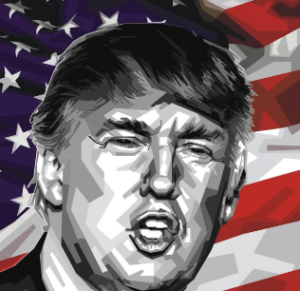
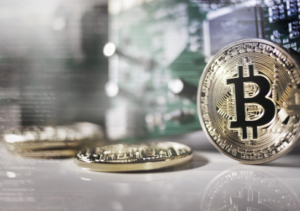
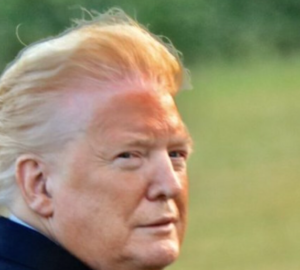

Comments are closed.